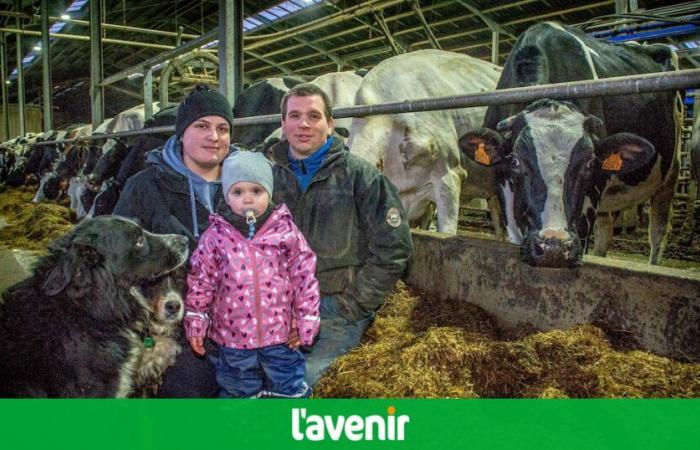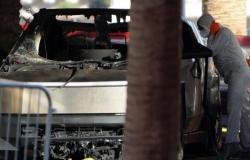
The reason? A virus called IBR, infectious bovine rhinotracheitis. For 2027, Belgium aims to eradicate the virus from its territory in order to access other commercial exchanges. To obtain this status, it must prove that its territory no longer has any cows positive for the virus over a period of two years, explains the farmer. This approach should make exports to other European Union countries easier.
In 2019, after a competition which took place at the Battice Agricultural Fair, Jérôme Bredo discovered that some of his animals were positive for the virus. Following a mandatory routine check, more than 400 cattle tested positive. However, no cows developed symptoms. “As soon as we found out, we vaccinated directly. And my veterinarian confirmed to me that he had never had to treat a cow for the IBR virus since he started practicing. (Editor’s note: around 10 years).“
He does not understand that cows that pose no risk to humans should suffer the ultimate fate of death. “Since 2019, I can continue to sell my milk and sell the meat. The vaccine works well.” He adds that calves born from cows that test positive and are vaccinated do not have the virus, “it is not transmitted”, he insists.
“I don’t want money, I want to keep my cows”
Since the beginning, the Jalhaytois has not demanded financial compensation or subsidies. He only has one wish, to have a little more time to process all of his livestock. “I don’t want money, I want to keep my cows.” He confirms that an additional year would allow him to regularize the situation. “There are some who risk dying of old age, there are some who get injured.”
gullWe have a 15 year old cow which died recently, we were almost happy. That way we didn’t have to kill her.”
No more extension possible to allow it to organize itself, it will stop this Tuesday, December 31, 2024, he whispers. He advocates vaccination rather than slaughtering all positive cows. “But if we continue vaccination, the territory will unfortunately not be recognized as free.he notes.
It seems that on the Flemish side, farmers also want a return to vaccination rather than eradicating part of their livestock, he slips.
Note that the farmer still inquired with the Aubel slaughterhouse, which replied that the operation was not possible. “I wasn’t planning to part with it but technically, it’s not possible. And I don’t want to take them anywhere else because I want to limit transportation and stress for them.”
He still hopes that his distress call will be heard and that he will have more time.





